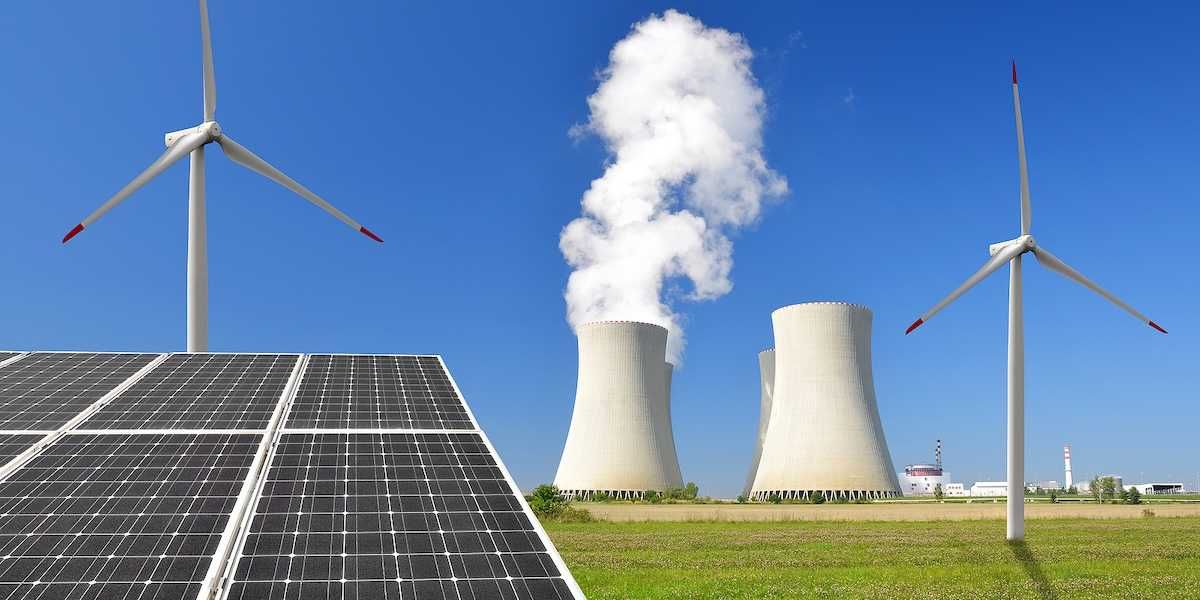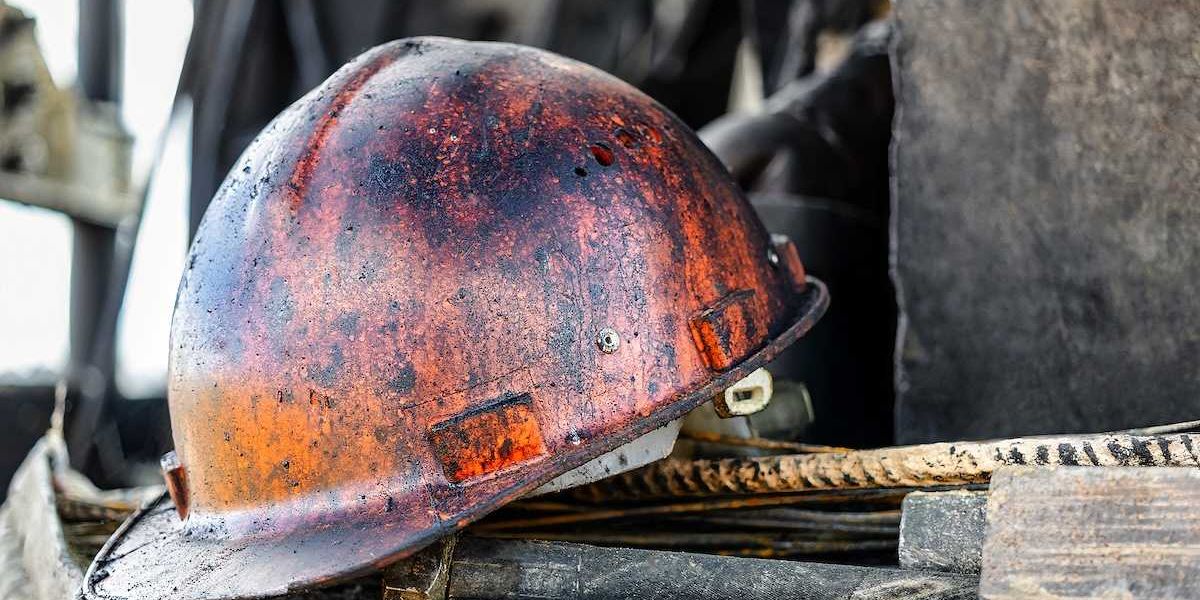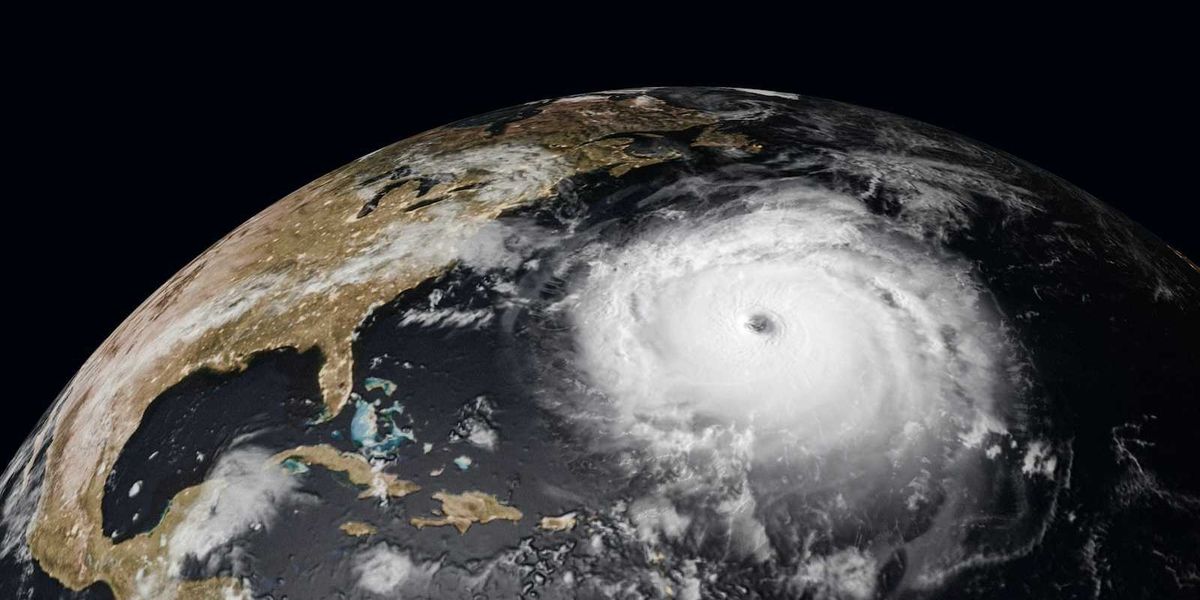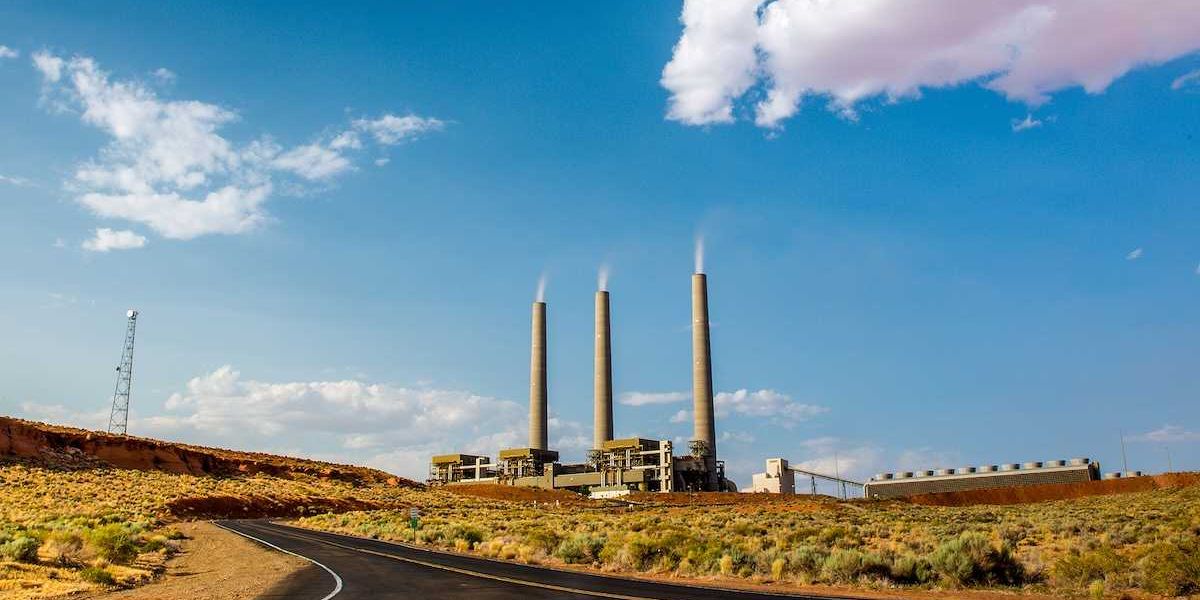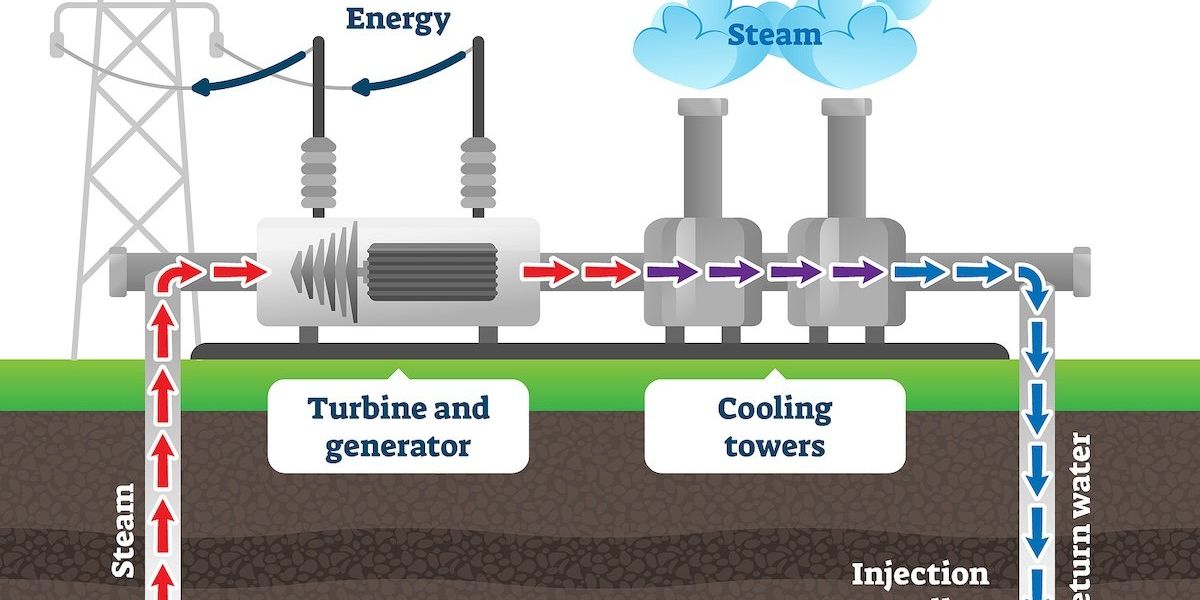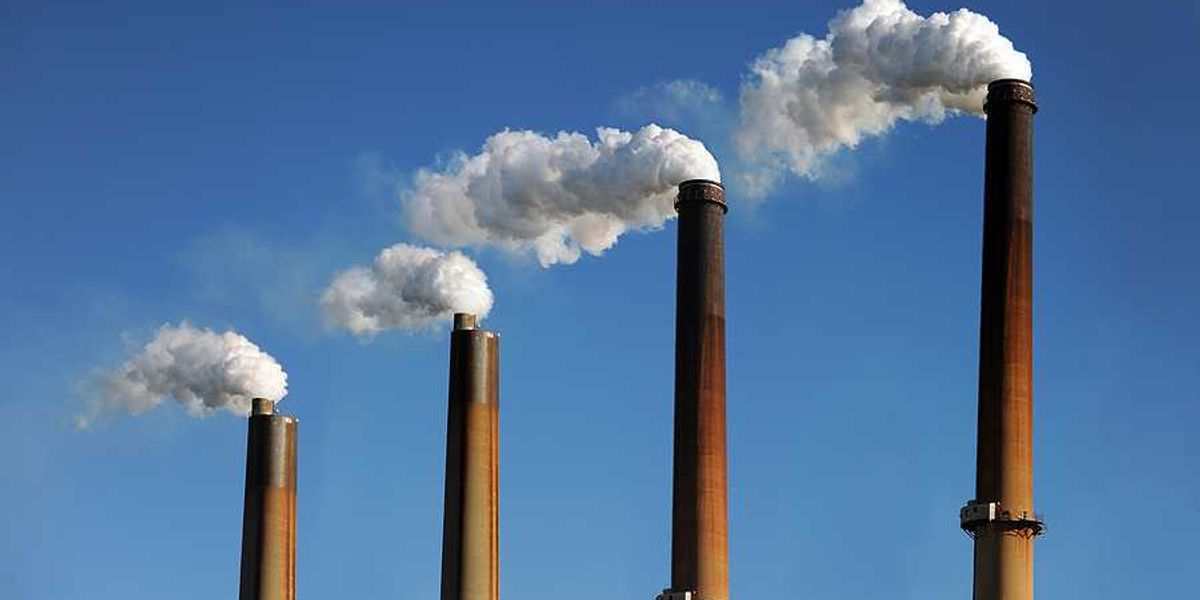Trump administration reinstates nuclear agency staff after mass firings
Hundreds of National Nuclear Security Administration employees fired last week are being recalled after the Trump administration reversed course, citing logistical and national security concerns.
Zack Budryk reports for The Hill.
In short:
- Up to 350 workers at the National Nuclear Security Administration (NNSA) were fired Thursday but later told their terminations were rescinded.
- Acting NNSA Director Teresa Robbins informed more than 300 affected employees that their dismissals were reversed, though contacting them has been difficult.
- The cuts coincided with broader layoffs across federal agencies, including nearly 400 at the Environmental Protection Agency and over 2,000 at the Interior Department.
Key quote:
“The mission of NNSA is not simply about maintaining weapons—it’s about ensuring readiness, modernization and accountability in a highly complex and evolving geopolitical landscape.”
— Rob Plonski, deputy division director at NNSA
Why this matters:
The NNSA, a semi-autonomous arm of the Department of Energy, plays a critical role in maintaining the safety and reliability of the U.S. nuclear arsenal. Disruptions to its workforce could slow key modernization efforts, delay critical maintenance or weaken oversight of the country’s aging warheads. While changes in administration often bring personnel shifts, the scale and speed of these recent moves are raising questions about continuity within an agency where stability is paramount. Reductions in regulatory staff could weaken oversight of nuclear facilities, environmental cleanup efforts and energy infrastructure, areas where long-term consistency is often critical. The uncertainty comes as global rivalries over energy security and nuclear deterrence continue to evolve, underscoring the stakes of these workforce changes.
Related: Trump-era NRC appointee leads push for nuclear energy growth


